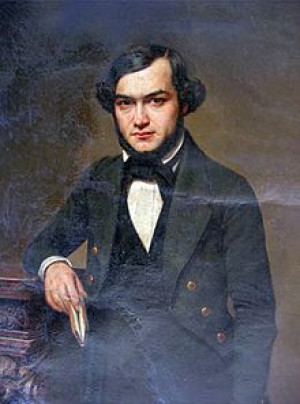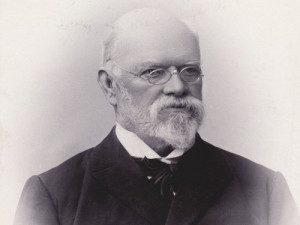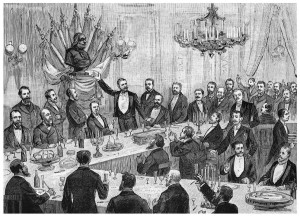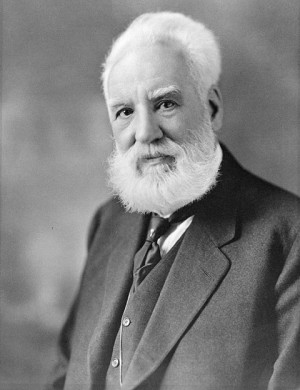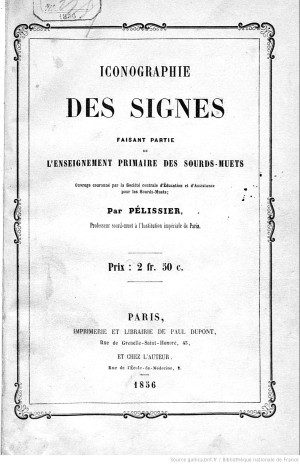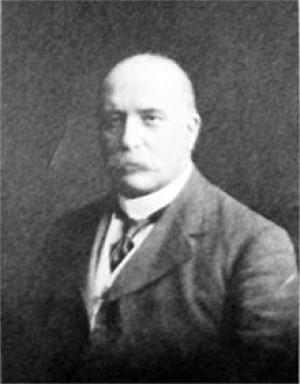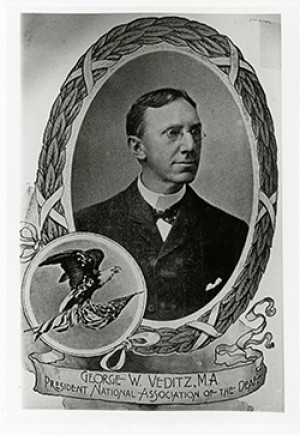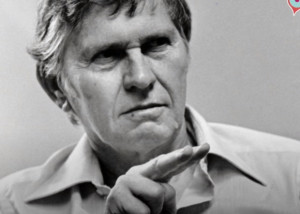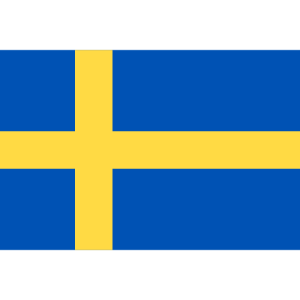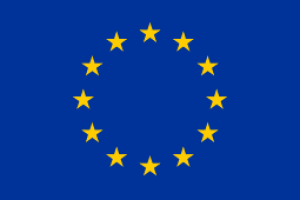Sign Language
Sign Language
470 - 399 BC: Socrates: "The deaf express themselves in gestures..."
Socrates mentions that the deaf express themselves in gestures movement.
1814 - 1863: Pierre Pélissier (FR)
Pierre Pélissier was a pioneer for deaf education in France in the mid 19th century.
1834 – 1910: Fritz Hirn, Deaf Teacher of the Deaf (FI)
David Fredrik (Fritz) Hirn (1834–1910) is a pioneer of Finland’s Deaf club activities. He was a well-liked teacher in the Turku Deaf School and founded the first kindergarten for Deaf children. Even after retiring, he started collecting the first Finnish sign language dictionary.
1834: The First Silent Banquet in Paris (Banquet Silencieux, FR)
On November 30, 1834, the first Silent banquet was organized by Ferdinand BERTHIER and Alfred BOCQUIN who are themselves deaf, on the occasion of the 122nd anniversary of the birth of Abbot de l'Epée. This tradition continues to be honored in nearly every country in Europe and in the United States.
1847 - 1922: Alexander Graham Bell (USA)
Alexander Graham Bell (March 3, 1847 – August 2, 1922) was a Scottish-born American inventor, scientist, and engineer who is credited with inventing and patenting the first practical telephone.
Bell's father, grandfather, and brother had all been associated with work on elocution and speech. Both his mother and wife were deaf, profoundly influencing Bell's life's work.
His research on hearing and speech further led him to experiment with hearing devices which eventually culminated in Bell being awarded the first U.S. patent for the telephone, on March 7, 1876.
1861 - 1918: Francis Maginn (UK)
Francis Maginn (1861–1918) was a Church of Ireland missionary who worked to improve living standards for the deaf community by promoting sign language and was one of the co-founders of the British Deaf Association.
1861 - 1937: George W. Veditz, First Person to Film Sign Language (ASL)
In 1904, Veditz became president of the National Association of the Deaf (NAD). He had strong opinions about preserving sign language, so during his years as president he worked closely with Oscar Regensburg, the first chairman of NAD's Motion Picture Fund Committee to produce some of the earliest films that recorded sign language.
Consequently, these videos are some of the most significant documents in deaf history.
1958: International Week of the Deaf launched by the World Federation of the Deaf
1960: William Stokoe, "Sign Language Structure"
Stokoe is often considered to be the "father of linguistics" in the field of American Sign Language. His research on American Sign Language (ASL) revolutionized the understanding of ASL in the United States and sign languages throughout the world.
Stokoe's work led to a widespread recognition that sign languages are true languages, exhibiting syntax and morphology, and are not mere systems of gesture. This work redefined the concept of "language" itself, and influenced thinking in theoretical linguistics, philosophy, psychology, anthropology, neural studies, and even jurisprudence.
1981: Sweden, Legal Recognition of Swedish Sign Language
In May 1981, the Swedish Parliament decided that: “deaf have to be bilingual to function amongst themselves and in society. Bilingualism on their part means that they have to be fluent in their visual/gestural language and in the language that surrounds them, Swedish.” This decision is recognised as acceptance that Swedish Sign Language is the first language of Swedish deaf people.
1988: European Parliament Resolution on Sign Languages
On 17 June 1988, the European Parliament unanimously approved a resolution about sign languages. The resolution suggests that all member states recognise their sign languages as official languages of the Deaf community.


